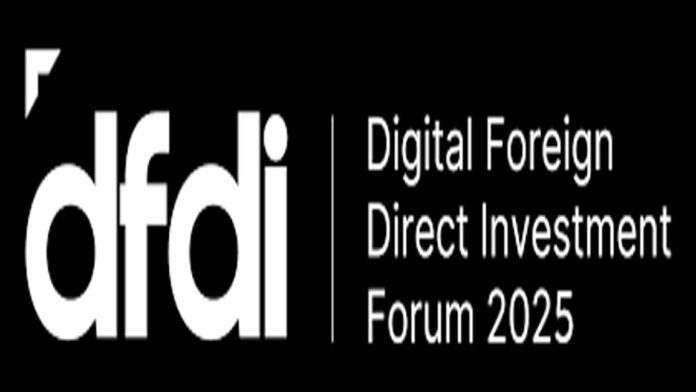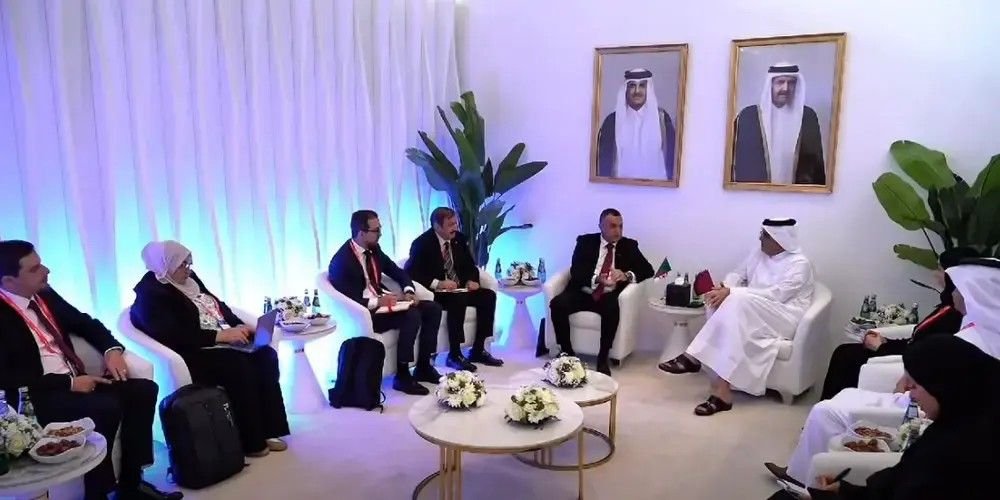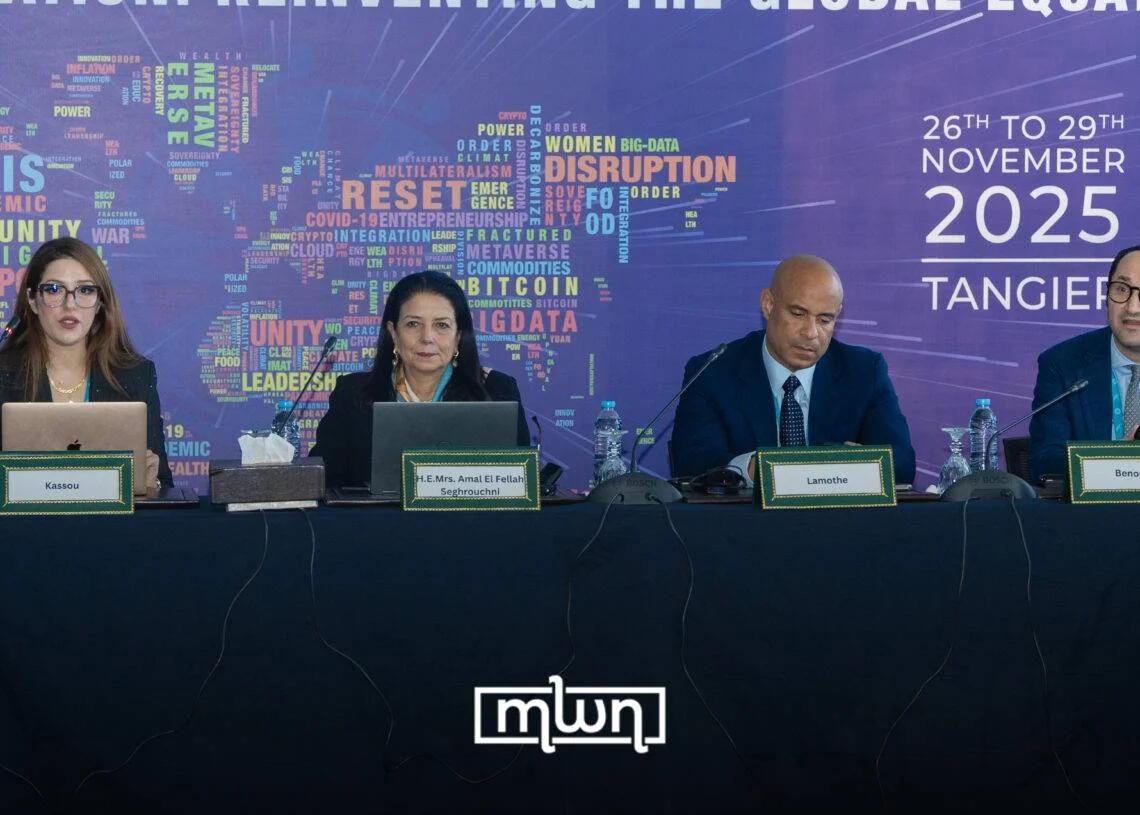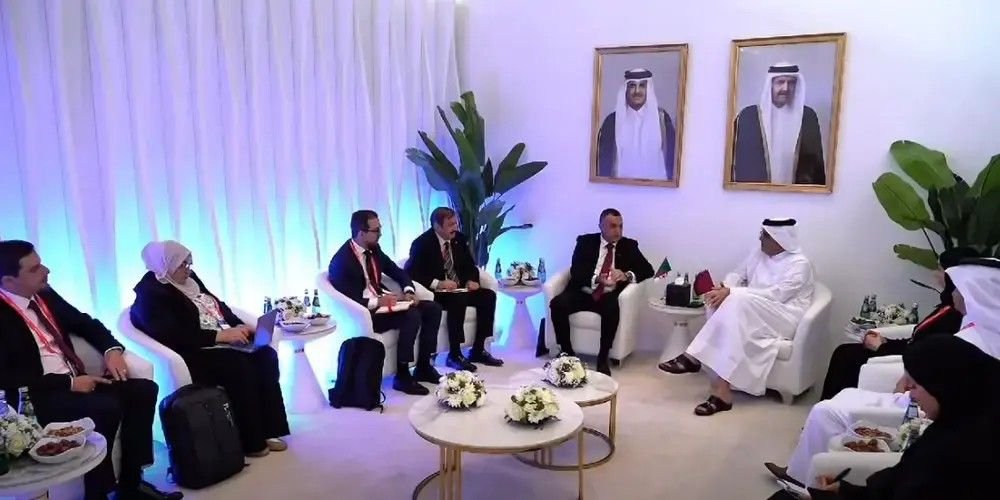Pakistan is on track for significant growth in its IT sector, with Federal Minister for IT and Telecommunication Shaza Fatima Khawaja announcing a projected $4 billion in IT exports for the current fiscal year, marking a 27% increase from last year. Speaking at the Digital Direct Investment Forum (DDIF), Khawaja reiterated the government’s commitment to accelerating digital transformation and attracting international investments to the sector.
Khawaja highlighted that government policies have already led to a 25% increase in IT exports and outlined the target of reaching $15 billion in direct IT exports and products. She also pointed to the National Digitalisation Programme, which aims to generate an additional $10 billion.
The forum, which saw nearly $700 million in pledged investments in Pakistan’s digital sector, also saw the signing of several deals to position Pakistan as a regional leader in technology and IT. The event attracted over 45 countries, 40 international companies, 35 ministers, and 50 CEOs from leading IT firms, underscoring the importance of Pakistan’s growing digital economy.
The closing ceremony featured remarks from Khawaja, who highlighted Pakistan’s readiness to become a hub for technology and digital investment. She credited strong public-private partnerships, progressive policies, and a growing number of skilled IT professionals as key drivers for the sector’s development. She also emphasized the need for continued collaboration between the public and private sectors, international partners, and development organizations to unlock Pakistan’s full potential.
Khawaja further outlined key initiatives, such as the Digital Nation Pakistan Act, the National AI Policy, the Cybersecurity Policy, and the development of technology parks and special technology zones. She noted that Pakistan’s young population, with nearly 150 million individuals under 30, presents a promising future for digital innovation.
The minister also announced that Pakistan would assume the presidency of the Digital Cooperation Organization (DCO) in 2026, with plans to expand regional technology corridors to improve access to markets, talent, capital, and best practices. She thanked various stakeholders, including the private sector, the Ministry of IT, and the Special Investment Facilitation Council (SIFC) for their continued support in building investor confidence.
In a separate development, cybersecurity firm Kaspersky raised concerns over AI-generated passwords. Their research revealed that many passwords generated by large language models, such as ChatGPT and Llama, lack essential security features. Kaspersky recommends using dedicated password management tools to ensure better security.















